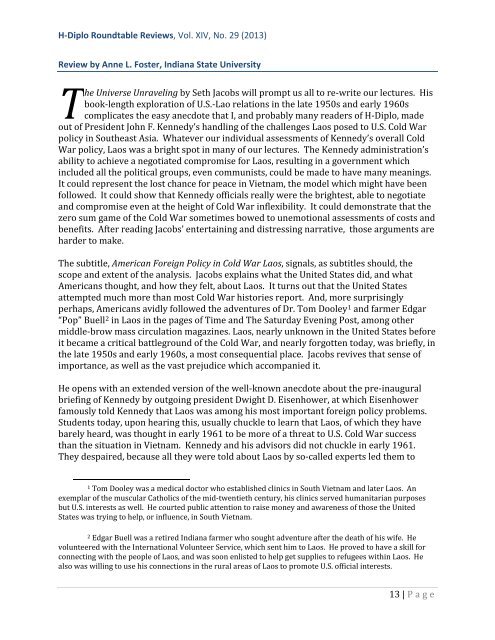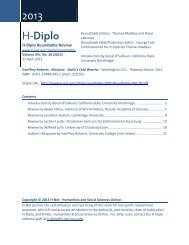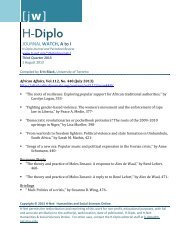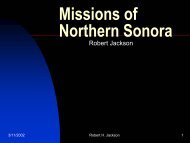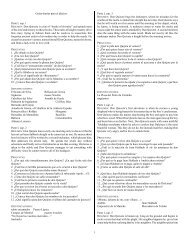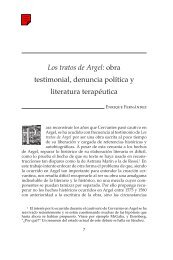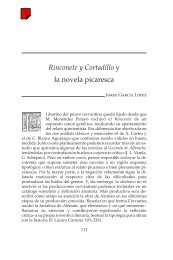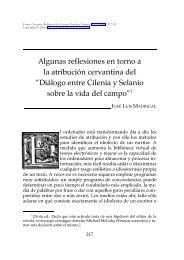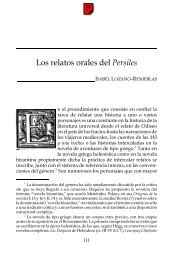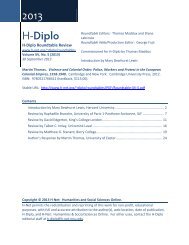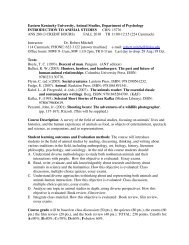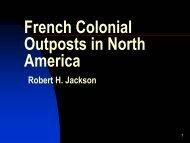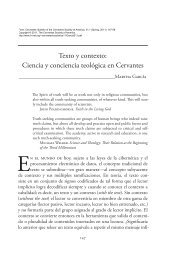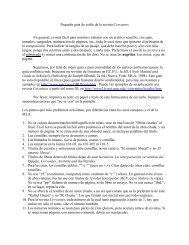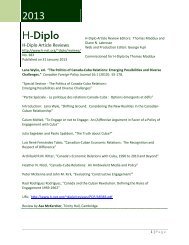H-Diplo Roundtables, Vol. XIV, No. 29 (2013) - H-Net
H-Diplo Roundtables, Vol. XIV, No. 29 (2013) - H-Net
H-Diplo Roundtables, Vol. XIV, No. 29 (2013) - H-Net
You also want an ePaper? Increase the reach of your titles
YUMPU automatically turns print PDFs into web optimized ePapers that Google loves.
H-<strong>Diplo</strong> Roundtable Reviews, <strong>Vol</strong>. <strong>XIV</strong>, <strong>No</strong>. <strong>29</strong> (<strong>2013</strong>)<br />
Review by Anne L. Foster, Indiana State University<br />
T<br />
he Universe Unraveling by Seth Jacobs will prompt us all to re-write our lectures. His<br />
book-length exploration of U.S.-Lao relations in the late 1950s and early 1960s<br />
complicates the easy anecdote that I, and probably many readers of H-<strong>Diplo</strong>, made<br />
out of President John F. Kennedy’s handling of the challenges Laos posed to U.S. Cold War<br />
policy in Southeast Asia. Whatever our individual assessments of Kennedy’s overall Cold<br />
War policy, Laos was a bright spot in many of our lectures. The Kennedy administration’s<br />
ability to achieve a negotiated compromise for Laos, resulting in a government which<br />
included all the political groups, even communists, could be made to have many meanings.<br />
It could represent the lost chance for peace in Vietnam, the model which might have been<br />
followed. It could show that Kennedy officials really were the brightest, able to negotiate<br />
and compromise even at the height of Cold War inflexibility. It could demonstrate that the<br />
zero sum game of the Cold War sometimes bowed to unemotional assessments of costs and<br />
benefits. After reading Jacobs’ entertaining and distressing narrative, those arguments are<br />
harder to make.<br />
The subtitle, American Foreign Policy in Cold War Laos, signals, as subtitles should, the<br />
scope and extent of the analysis. Jacobs explains what the United States did, and what<br />
Americans thought, and how they felt, about Laos. It turns out that the United States<br />
attempted much more than most Cold War histories report. And, more surprisingly<br />
perhaps, Americans avidly followed the adventures of Dr. Tom Dooley 1 and farmer Edgar<br />
“Pop” Buell 2 in Laos in the pages of Time and The Saturday Evening Post, among other<br />
middle-brow mass circulation magazines. Laos, nearly unknown in the United States before<br />
it became a critical battleground of the Cold War, and nearly forgotten today, was briefly, in<br />
the late 1950s and early 1960s, a most consequential place. Jacobs revives that sense of<br />
importance, as well as the vast prejudice which accompanied it.<br />
He opens with an extended version of the well-known anecdote about the pre-inaugural<br />
briefing of Kennedy by outgoing president Dwight D. Eisenhower, at which Eisenhower<br />
famously told Kennedy that Laos was among his most important foreign policy problems.<br />
Students today, upon hearing this, usually chuckle to learn that Laos, of which they have<br />
barely heard, was thought in early 1961 to be more of a threat to U.S. Cold War success<br />
than the situation in Vietnam. Kennedy and his advisors did not chuckle in early 1961.<br />
They despaired, because all they were told about Laos by so-called experts led them to<br />
1 Tom Dooley was a medical doctor who established clinics in South Vietnam and later Laos. An<br />
exemplar of the muscular Catholics of the mid-twentieth century, his clinics served humanitarian purposes<br />
but U.S. interests as well. He courted public attention to raise money and awareness of those the United<br />
States was trying to help, or influence, in South Vietnam.<br />
2 Edgar Buell was a retired Indiana farmer who sought adventure after the death of his wife. He<br />
volunteered with the International <strong>Vol</strong>unteer Service, which sent him to Laos. He proved to have a skill for<br />
connecting with the people of Laos, and was soon enlisted to help get supplies to refugees within Laos. He<br />
also was willing to use his connections in the rural areas of Laos to promote U.S. official interests.<br />
13 | P age


